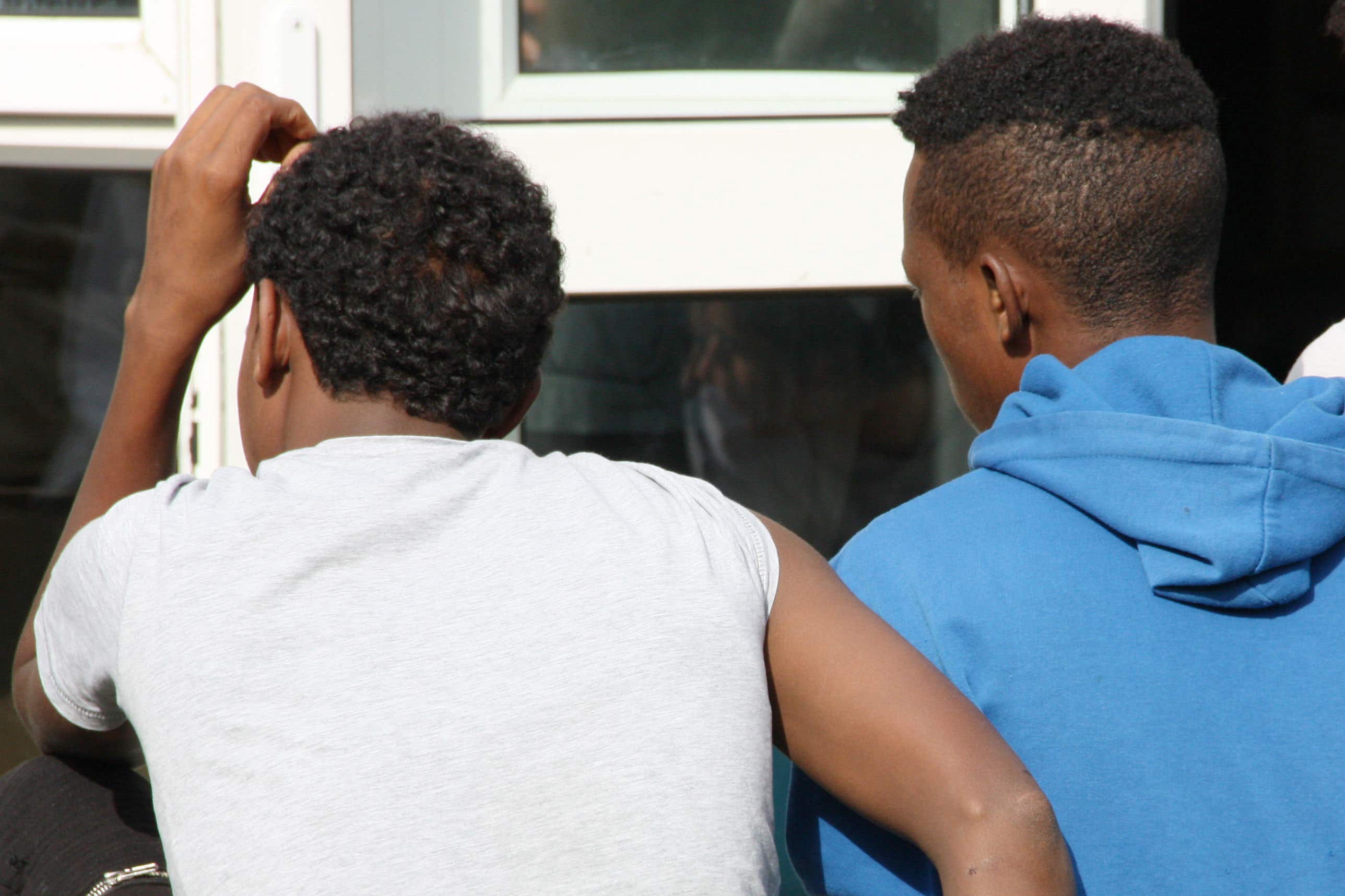Council in legal challenge over ‘strain’ of caring for child asylum seekers
Council bosses say the current system to distribute children across local authorities ‘sadly remains inadequate’.

Your support helps us to tell the story
From reproductive rights to climate change to Big Tech, The Independent is on the ground when the story is developing. Whether it's investigating the financials of Elon Musk's pro-Trump PAC or producing our latest documentary, 'The A Word', which shines a light on the American women fighting for reproductive rights, we know how important it is to parse out the facts from the messaging.
At such a critical moment in US history, we need reporters on the ground. Your donation allows us to keep sending journalists to speak to both sides of the story.
The Independent is trusted by Americans across the entire political spectrum. And unlike many other quality news outlets, we choose not to lock Americans out of our reporting and analysis with paywalls. We believe quality journalism should be available to everyone, paid for by those who can afford it.
Your support makes all the difference.A council has launched a legal challenge against the Home Secretary, arguing it is being put under “wholly disproportionate strain” by looking after hundreds of unaccompanied asylum-seeking children.
Kent County Council (KCC) bosses say the pressure on its children’s services “continues to be overlooked”, which has forced them to begin a claim for judicial review against Suella Braverman.
So far, the local authority has served a letter before action in its bid to ensure other local authorities are taking “their fair share” of new arrivals to the UK.
Council leader Roger Gough and integrated children’s services cabinet member Sue Chandler said the current National Transfer Scheme (NTS), where children are moved from one local authority to another to help even distribution of care “sadly remains inadequate”.
We have worked hard with partners and government to try to support arrangements for the National Transfer Scheme but have regrettably concluded that we must now ask a court to decide what is reasonable given the reality of the way in which the Home Office currently operates the scheme
As of June 30, Kent County Council is looking after 566 asylum-seeking under 18s, as well as 1,039 young people over 18 years old.
Mr Gough and Ms Chandler said that of 648 children arriving at the Kent coast between January and July this year, 426 children have been successfully moved to other local authorities under the national scheme.
The council bosses said: “We have worked hard with partners and government to try to support arrangements for the National Transfer Scheme but have regrettably concluded that we must now ask a court to decide what is reasonable given the reality of the way in which the Home Office currently operates the scheme.
“Whilst many more children have successfully transferred to other local authorities under the NTS, its operation sadly remains inadequate.
“The wholly disproportionate strain on Kent’s children’s services continues to be overlooked.
“We must ensure that all UK local authorities with capacity share in the support of these children so that KCC can continue to meet its statutory duty to receive new arrivals at Dover into our care, while at the same time meeting our statutory duty to care for them safely.”
They added they were “deeply saddened” the crisis has continued despite their best efforts and that a long-term solution was “well overdue” for the welfare of all children supported by the council.
Kent County Council has previously criticised the national scheme and its “burden” of taking on more responsibility than other councils due to Dover remaining a key point of entry for newly arriving youngsters.
The system was first introduced on a voluntary basis for local authorities in 2016, but was made a mandatory requirement to take part by the Home Office to “relieve pressures” in 2022.
The authority’s legal challenge was first revealed publicly during a High Court hearing on June 30, where Brighton and Hove City Council was applying for an injunction against the Home Office to stop the re-opening of a Hove hotel where 139 asylum-seeking children went missing, and nearly 50 remain unaccounted for.
While Brighton and Hove City Council’s bid was declined, its leader Bella Sankey said it was just the “first stage in our drive to protect these vulnerable children”.
In a council statement it said how the court heard around 40% of children placed in hotels were under 16, and one child aged nine was placed in a hotel outside the Brighton and Hove area.
Ms Sankey said: “The Home Office argued the alternative to hotels was destitution for the most vulnerable child refugees. This represents a complete failure of government policy.
“If the Home Office ensured the National Transfer Scheme was working properly this situation could be avoided.”
While the Home Office does not comment on legal proceedings, a spokesperson said the wellbeing of unaccompanied asylum-seeking children in their care is “an absolute priority”.
The spokesperson added: “Robust safeguarding and welfare measures are in place to ensure children are safe and supported.
“The National Transfer Scheme allows us to work closely with Kent County Council and other local authorities so that necessary support can be provided to both councils and children.”